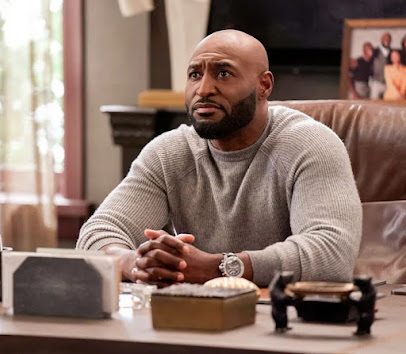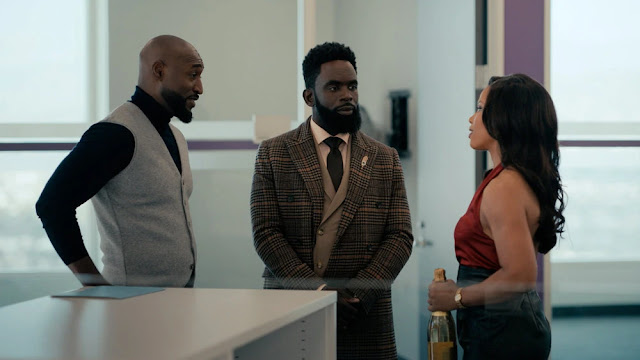Control-Value Theory and Uncle Phil
Control-Value Theory is a psychological framework that helps explain how people's emotions, motivations, and behaviors are influenced by their perceptions of control and the value they attach to specific outcomes or goals. This theory is particularly relevant in the fields of psychology, motivation, and decision-making. Control-Value Theory suggests that individuals assess their perceived level of control over a situation or a goal and evaluate the subjective value or importance of the outcomes associated with that situation or goal. These assessments, in turn, drive their emotional responses and motivations.
Uncle Phil's character and his perceptions of control and values evolve throughout the series, leading to various emotions and motivations at different time frames. Throughout these different time frames, Uncle Phil's character undergoes significant growth and transformation. His experiences and values shape his emotions, motivations, and actions as he strives to create a better future for his family and community while reconciling his past with his present and future roles.
Past:
Perceptions of Control and Values: In his past in Yamacraw, North Carolina, Uncle Phil witnessed the injustice of the legal system, where people were taken advantage of due to their lack of understanding. His parents lost their farmland to eminent domain, which instilled a deep sense of injustice in him. This experience shaped his perception of the legal system and the importance of fighting for justice and rights.
Emotions and Motivations: As a young boy, witnessing his parents' loss and experiencing the injustice of the legal system, Uncle Phil likely felt a strong sense of frustration, helplessness, and anger. These emotions motivated him to pursue a career in law and to fight for justice, especially for marginalized communities.
Present:
Perceptions of Control and Values: In the present, Uncle Phil is a successful lawyer and is running for the position of Los Angeles district attorney. His perception of control is more about influencing the legal system from within. He values justice, equality, and the idea that the legal system should protect the vulnerable.
Emotions and Motivations: Uncle Phil's emotions in the present are driven by a desire to make a positive change within the legal system. He is motivated by the desire to see young Black men treated fairly and not victimized by a corrupt justice system. His campaign for district attorney reflects his determination to address the issues he witnessed in his youth and to work towards a better future for the community.
Future:
Perceptions of Control and Values: As the series progresses, Uncle Phil faces challenges, including dealing with Will's arrival and adjusting to a new family dynamic. His perceptions of control and values evolve to include not just the legal system but also his role as a father and protector of his family.
Emotions and Motivations: In the future, Uncle Phil grapples with complex emotions, such as the conflict between wanting to protect his family and the difficulties in bridging the gap between Will's background and their privileged lifestyle. His motivation shifts from professional success to maintaining a balance between his legal career and his responsibilities as a parent.
Throughout these different time frames, Uncle Phil's character undergoes significant growth and transformation. His experiences and values shape his emotions, motivations, and actions as he strives to create a better future for his family and community while reconciling his past with his present and future roles.


Comments
Post a Comment